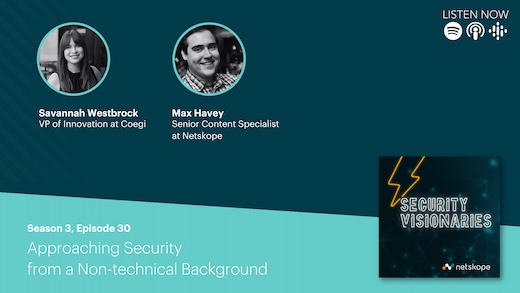We all have films that we come back to over the years. These stalwarts open up for us each time, and teach new things with every watch. A prime example of this is Nora Ephron’s You’ve Got Mail, a perma-favorite among romcom fans and retro movie buffs the world over. But as the film celebrates its 25th anniversary (sorry if that makes everyone feel a bit old), it also offers an interesting look back at the ways people interacted with the internet in its nascence (remember chat forums and AOL keywords?)… and provides a potent message about embracing innovation in an increasingly interconnected and technologically evolving world.
For those who need a quick refresher, the film follows Meg Ryan’s Kathleen Kelly—the owner of a struggling independent bookshop—and Tom Hanks’ Joe Fox—whose family owns the bookstore conglomerate threatening to put Kathleen’s shop out of business. The pair inevitably fall in love over email without knowing each other’s true identity.
Set in 1998, You’ve Got Mail might present as a romance but it’s also about the way technology (the internet specifically) upends convention. Some—like Kathleen and Joe—have fully embraced it (albeit with some nervousness), looking for a way to connect with like-minded folks in New York City. Others—like Kathleen’s boyfriend Frank, played by Greg Kinnear—see it as “the end of all civilization.” Early on in the film, during a rant about the dangers of technology, Frank says of Kathleen’s laptop; “you think this machine is your friend, but it’s not.”
Throughout the film, a key theme is technology bringing people together in new ways, encouraged by the anonymity of the internet. In the film this is accomplished through pseudonym screen names, which obfuscate the identities of both Kathleen and Joe. While in the film this is portrayed as cute, today this sort of anonymity is often abused by attackers looking to steal sensitive information.
The narrative discourages us from resisting change—Frank is to be pitied for the way he talks about continuing to use his trusty typewriter. The viewer is to be in no doubt that vehemently opposing change hinders us in the long run (and makes us a bore at parties). Even if embracing change means being prepared to say goodbye to the comforting familiarities of today, it’s preferable to becoming the unexciting luddite.
In a recent episode of the Security Visionaries podcast about what’s next for VPN, Netskope Field CTO Steve Riley offers this rejoinder about change; “Embrace that change. Always find ways that you can help your business be successful. Change is good. Use it to your advantage.”
What’s interesting, 25 years on, is how familiar the fear of change is when we think of our reactions this year to the latest innovations. 2023 has been the year of generative AI, heralded as the biggest innovation since the internet. There are plenty who have embraced it readily, while others have been a bit more reluctant. As Netskope Founder and CEO Sanjay Beri wrote in a recent article for Dark Reading, one of the first steps to embracing AI responsibly, is to “realize that generative AI (and AI/ML in general) is an unstoppable force”. Just as the 2023 teen shouts at Kathleen Kelly about personal safety when meeting strange guys off the internet, we need to learn how to use AI safely.
This, to a degree, is where the film lands. While Joe and Kathleen may be on different sides of the changing book industry, they’ve found a way to connect and better understand one another using technology. They learn that change is as inevitable and natural as the seasons (cue a cute line about stationery purchases in autumn that true fans will know). Ultimately, we are shown that embracing change helps us all to grow as people. Perhaps this is part of why You’ve Got Mail still remains a classic after 25 years.




 Back
Back 





















 Read the blog
Read the blog